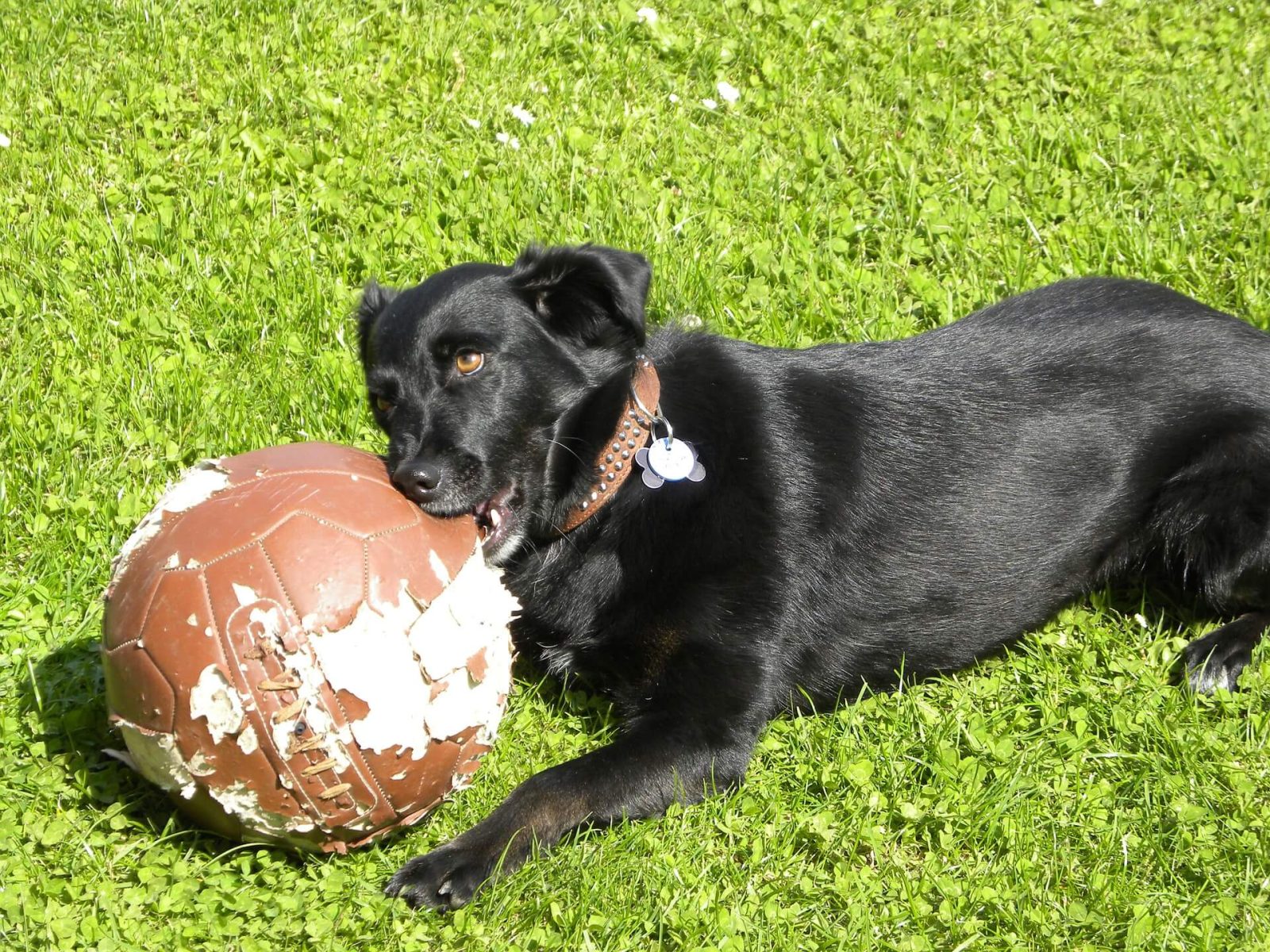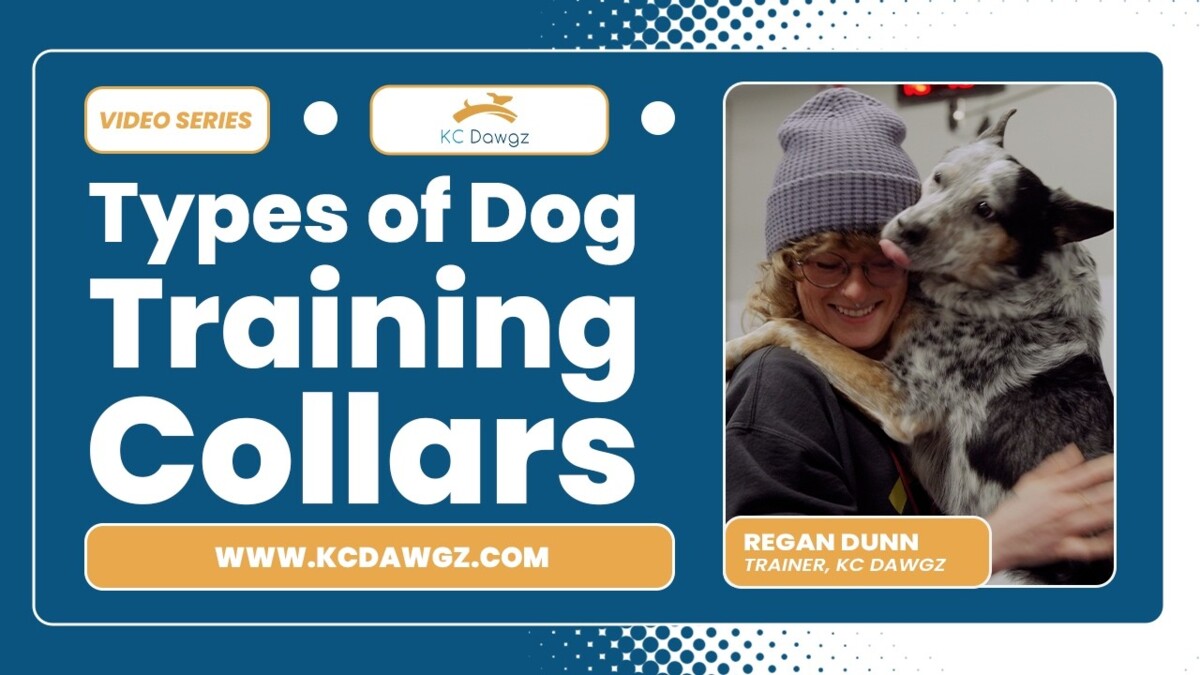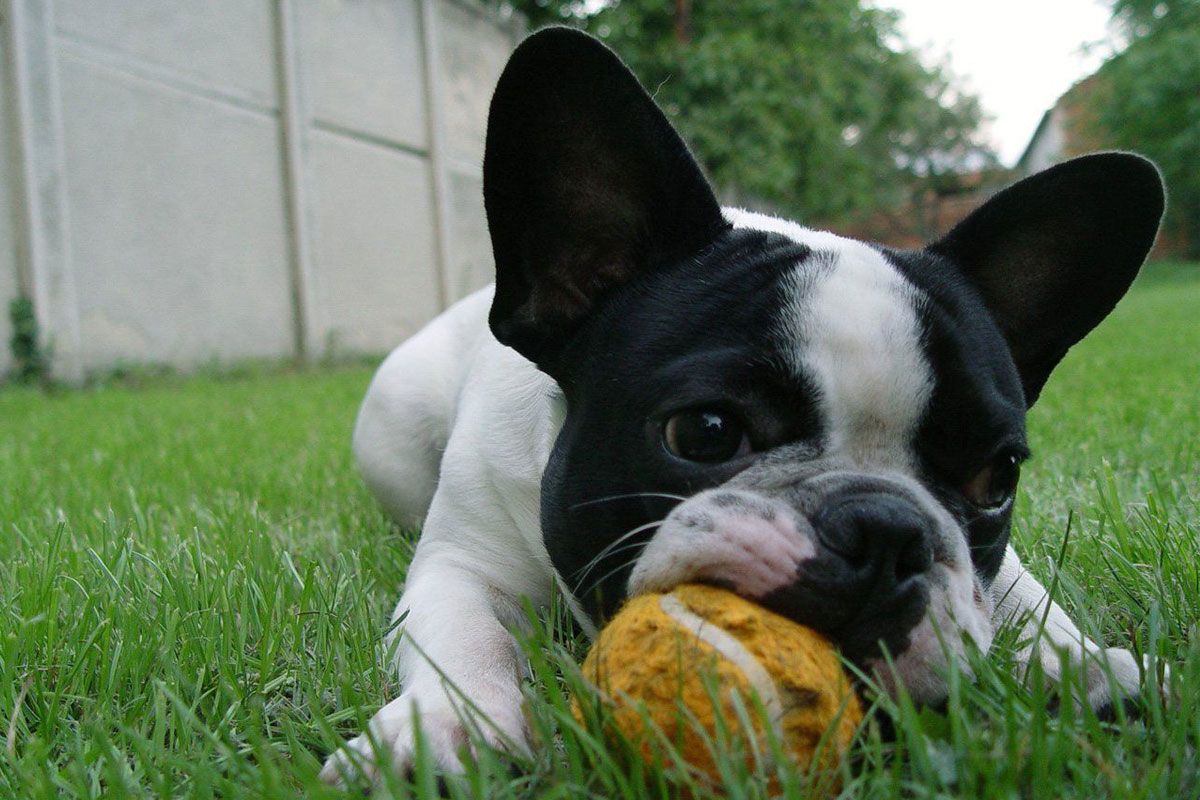Chewing is a natural instinct for your dog. It serves some important purposes like helping to keep teeth clean, as well as relieving stress and boredom. Problems can quickly arise when chewing moves from appropriate toys to inappropriate items like furniture or clothing. To help correct this problematic behavior, it is important to understand the reason why your dog is chewing on things.
Teething:
All dogs go through a teething phase during puppyhood just like humans. Baby teeth are lost as adult teeth grow in. This process can cause discomfort, and often times puppies seek to relieve it through chewing. Chewing also helps new adult teeth push through the gum line, and helps loose baby teeth fall out. You probably wont find many teeth lying around, if any, during this time. Odds are your puppy is going to swallow a majority of baby teeth that fall out. This is normal and typically does not cause any health problems. Keeping durable chew toys available will help your puppy get some relief without resorting to chewing on things that he shouldn’t. Be careful of very hard chew items like femur bones or antlers during teething. Your puppy’s baby teeth are not as strong as his adult teeth will be, and he can break or crack them on very hard objects, especially if he is an aggressive chewer. Some good things to try are Kongs, Bully Sticks, or Nylabones. If you notice your puppy gravitating to household items like furniture legs or shoes, redirect them to an appropriate toy. This may take some time, especially if it has already become a habit. If you find yourself struggling, you can limit his access to things for a while. Gating off a single room or using a crate when you can’t directly supervise behavior will help to restrict the option to make the wrong decision.
Stress:
Dogs can suffer from stress just like us. The level of stress they can handle, as well as what stresses them in the first place will vary with each dog. Common causes are separation anxiety, changes to routine (moving into a new house, new work hours, etc.), and especially in unaltered dogs, hormonal changes. Dogs are very good at masking discomfort, but there are some signs of stress you may be able to notice. Excessive drooling, excessive panting, pacing, whining, and excessive grooming (licking paws, scratching) can all be indicators of high stress levels. Desensitizing your dog to things they find stressful will help to curb related behavioral problems. This can be a difficult process depending on the severity, so don’t feel like you need to do it all on your own. We see these issues often at KC Dawgz, and would be happy to help you improve the quality of life for your dog. In some instances, medications may be prescribed by your veterinarian to help with anxiety and stress. Be sure to consult with them if you have questions.
Boredom:
This is the most common cause of destructive behavior after the teething period. All dogs need physical and mental stimulation, and if you have a younger or very active dog, a quick walk around the block is probably not going to be enough. Try challenging them with a new training activity or trick to learn. Making your dog use his brain to figure out something new not only gives him satisfaction from the activity, but it builds problem-solving skills and boosts confidence as well. A tired dog is a happy dog. If you aren’t sure where to start with training, try a group class. Not only will you and your dog benefit from the actual training, but it is a great way to get them exposed to new things. Another option is using a doggy daycare service or a dog walker on days where your time is limited.
These can help to get you off on the right foot, but if you feel stuck or that you aren’t getting anywhere, don’t hesitate to reach out and get some professional assistance. We see this common problem regularly at KC Dawgz and would love to help out.





